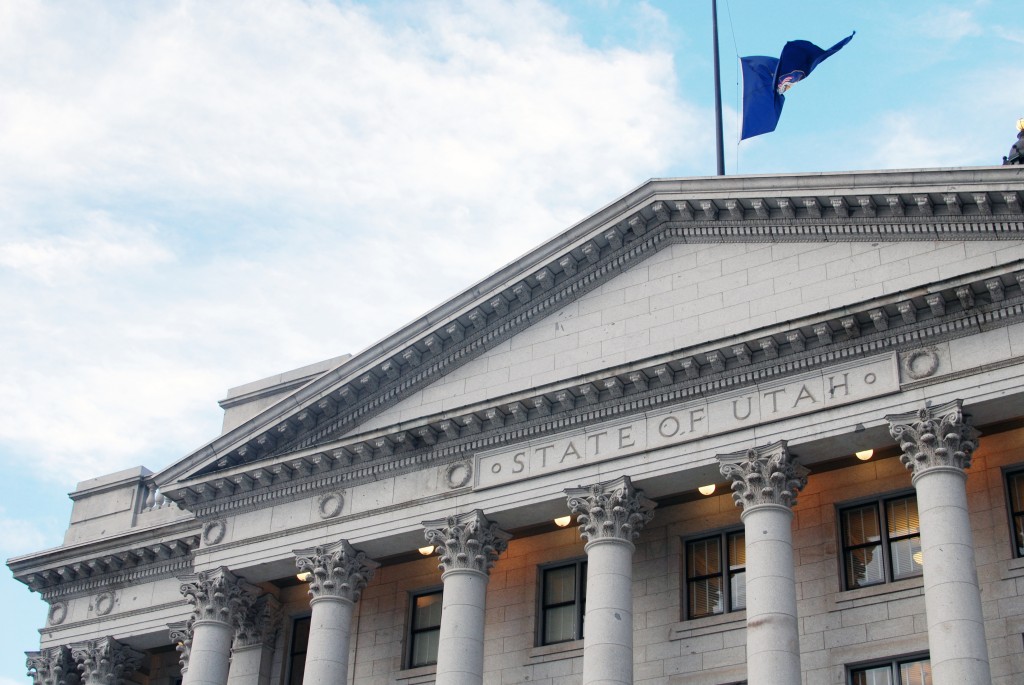
Rural lawmakers discussed everything from raw milk to protecting public lands during this year’s legislative session.
The Public Lands Management Act passed during the final hours of the session. HB276 would have required the director of the Division of Oils, Gas, and Mining to make a report to the Commission for the Stewardship of Public Lands.
“If we get control of the land until the Public Land Transfer Act, then this is how we would manage the land for multiple use,” said Rep. Michael Noel, R-Kanab.
This means they would grandfather in all existing uses, mineral rights and grazing rights.
Under HB363, Beaver County is officially recognized as a Utah Grazing Agricultural Commodity Zone.
Dairy farmers who sell raw milk at a self-owned store can now also offer pasteurized milk at the same location thanks to HB194. There were concerns about customers who might get the two milks mixed up and get sick, but those concerns have been addressed with regulations for specific colored labels and signs.
After a long battle over the location and management of the Utah State Fairpark, SB173 has finalized that the Fairpark with stay exactly how it is, but with a little more legislative input. Sen. Van Tassell, R-Vernal, said that over the summer, legislators realized that the state fair is a “valuable jewel” to Utah.
An outdoor recreation bill has been passed to provide better infrastructure throughout Utah. Rep. Patrice Arent, D-Salt Lake, hopes that HB52 will help to build more parks in rural areas of Utah.
Some changes had been made to the Agricultural Exemption Amendments to include regulations for fencing for bison. HB211 has implemented specific requirements for the fencing perimeters and posts for these specific animals.
SB212 was passed to try to cut back on the costs of wildfire damage. This bill puts the state in charge of covering costs from wildfires instead of counties.
“The bottom line is, if there’s a fire, we want the closest accessible agency to go put it out,” Sen. Evan Vickers, R-Cedar City, said.
And last but not least, sage grouse of course made their way into the minds of rural lawmakers. SB200 is intended to help minimize any damage to sage grouse habitat through a mitigation program where companies can purchase mitigation credit on sage grouse land.




